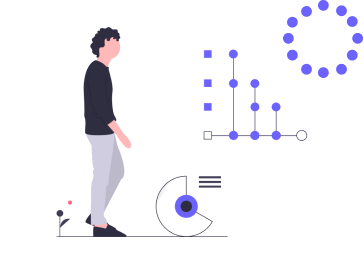The UN explains: "Our oceans — their temperature, circulation, chemistry, and ecosystems — play a fundamental role in making Earth habitable.
Our rainwater, drinking water, weather, climate, coastlines, much of our food, and even the oxygen in the air we breathe, are all ultimately provided and regulated by the sea. Throughout history, oceans and seas have been vital conduits for trade and transportation. Careful management of this essential global resource is a key feature of a sustainable future."
